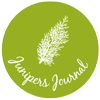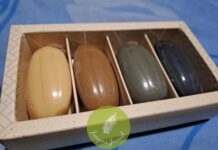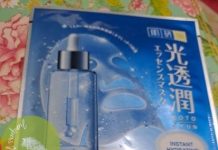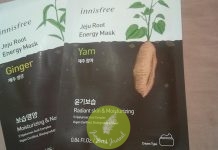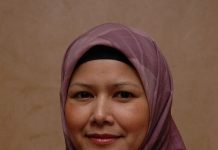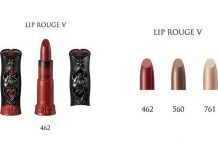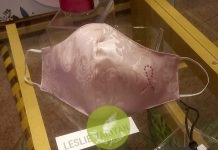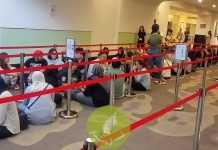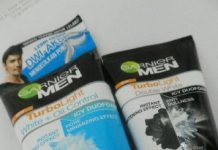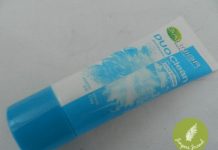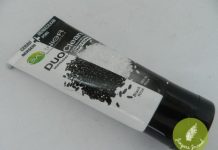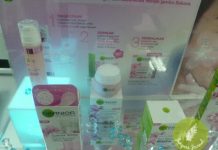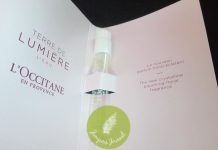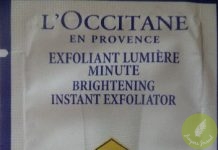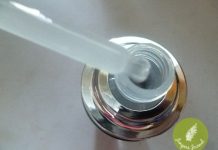 The principal investigator of the Southeast Asia Nutrition Survey I (SEANUTS I) in Malaysia, Professor Dr. Poh Bee Koon of Universiti Kebangsaan Malaysia’s (UKM) Faculty of Health Science, believes that children within the region, especially Malaysian kids, continue to carry the burden of malnutrition.
The principal investigator of the Southeast Asia Nutrition Survey I (SEANUTS I) in Malaysia, Professor Dr. Poh Bee Koon of Universiti Kebangsaan Malaysia’s (UKM) Faculty of Health Science, believes that children within the region, especially Malaysian kids, continue to carry the burden of malnutrition.
Despite SEANUTS I having been concluded in 2011, speking on the sidelines of the signing ceremony between Dutch Lady Milk Industry Berhad’s (DLMI) parent company FrieslandCampina and UKM to formalise the start of SEANUTS II, Professor Poh said children in Malaysia and in the region were still not getting appropriate nutrition in their diet.
She said that the survey in Malaysia showed one in five children were overweight or obese, almost one in 10 children were stunted for their age and one in 20 children underweight, nearly half of the children had Vitamin D insufficiency and inadequate calcium in their diet, and a high proportion of children aged 7 to 12 years old were physically inactive.
“More worrying is the finding that Malaysian children on veerage drink only half a serving of milk a day, and that only a mere 5% of children actually meet the recommended 2 servings of milk daily, which could have helped them meet their daily calcium and Vitamin D needs,” she added.
Professor Poh stressed on the importance of breakfast for all. “It should provide 20 to 25% of our daily nutritional needs. Studies have shown that children and adolescents who habitually consume breakfast are more likely to have better micro and macronutrient intake, less likely to be overweight or obese, and more likely to have higher physical activity levels,” she said.
She also recommended drinking milk as part of breakfast as one of the ways to improve Malaysian children’s nutrition status.
SEANUTS I was a landmark survey that helped shape DLMI’s focus here in Malaysia. DLMI Managing Director, Tarang Gupta said the insights gleamed from this research led to reformulating many of its dairy products to address the nutritional gaps found in Malaysian children. This includes increasing the fortification of Vitamin D and reducing or removal of sucrose or added sugar.
“Results of SEANUTS I were also successfully translated into nutrition and healthy lifestyle programmes for school children like DrinkMoveBeStrong, which advocates two glasses of milk and an hour of physical activity a day under the government’s school awards programme,” he added.
Tarang said awareness of the nutritional gaps have also led DLMI to conduct breakfast campaigns annually since 2016. These were done to encourage Malaysian families to consume more milk.
“As milk contains a number of micronutrients including calcium and Vitamin D, eating a nutritious breakfast that includes milk helps both adults and children meet their daily micronutrients requirements” he said.
SEANUTS I’s findings were crucial in identifying the nutritional gaps existing within the region. However, more data is needed to assist all stakeholders in formulating strategies to combat these issues. To that extent, FrieslandCampina and UKM today inked the agreement that paves the way for a second survey to be conducted, SEANUTS II.
For SEANUUTS II, information will be gathered on nutritional status, growth, dietary intake, physical activity and biochemical parameters of children aged six months to 12 years. Due to the extent and severity of malnutrition in the region, the survey will put extra focus on gaining insights on protein consumption and nutrition, as protein is a critical building block for children’s growth and development. Results are expected in the year 2021 and will be used to develop country-specific interventions, strengthen scientific knowledge and support government policy.
